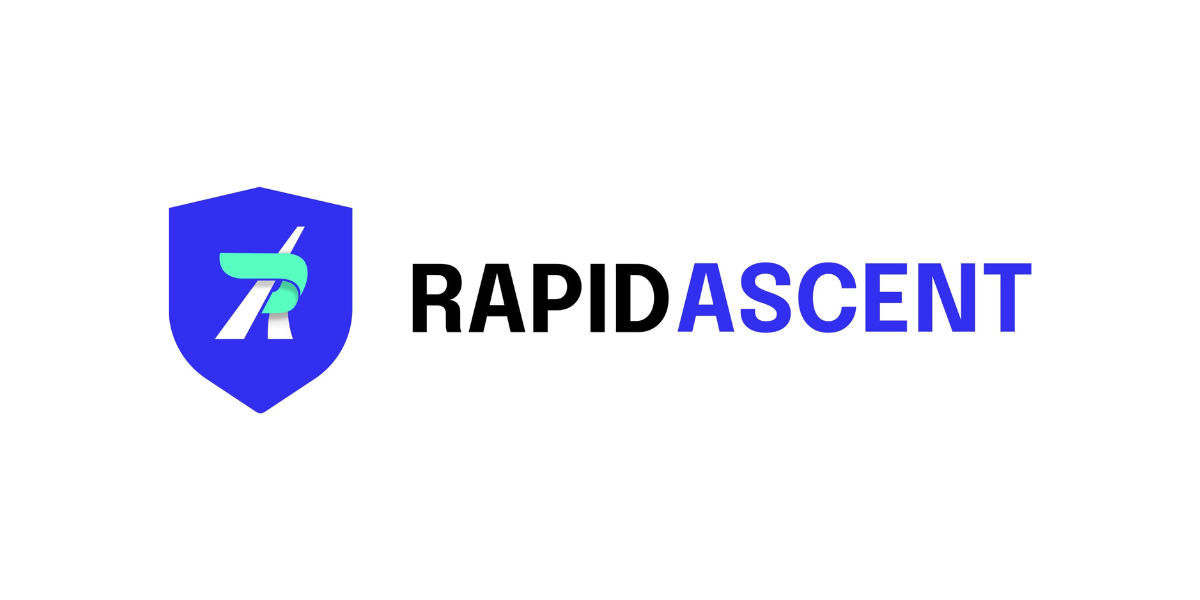
AI’s Rapid Ascent: Implications for Society and the EconomyAI’s Rapid Ascent: Implications for Society and the Economy The meteoric rise of artificial intelligence (AI) has sent shockwaves through various industries and sectors, prompting both excitement and apprehension about its implications for society and the economy. Implications for Society: * Enhanced Productivity: AI-powered automation and machine learning can streamline processes, increase efficiency, and reduce human error, leading to exponential productivity gains and economic growth. * Job Displacement: While AI creates new job opportunities, it also poses a threat to certain sectors where repetitive tasks can be easily automated. Governments and businesses must consider policies and retraining programs to mitigate job losses. * Social Impact: AI technologies like facial recognition and predictive analytics raise concerns about privacy, surveillance, and bias. It’s crucial to establish ethical guidelines and regulations to ensure responsible use of AI. * Human-Machine Collaboration: As AI capabilities expand, humans will increasingly collaborate with machines, creating opportunities for new skills and interdisciplinary expertise. This collaboration can drive innovation and enhance human creativity. Implications for the Economy: * Increased Efficiency: AI-driven automation and data analytics can optimize resource allocation, reduce waste, and enhance supply chain management, leading to significant cost savings and operational improvements. * New Industries and Innovation: AI enables the development of new industries, such as autonomous vehicles, personalized medicine, and advanced robotics. These industries create job opportunities and drive economic growth. * Enhanced Decision-Making: AI tools can provide real-time data analysis, predictive insights, and personalized recommendations, empowering businesses to make informed decisions and reduce risk. * Global Competition: The rapid advancement of AI has created a competitive landscape, with nations investing heavily in research and development. Governments must foster innovation and collaboration to stay competitive. Balancing the Implications: To harness the benefits of AI while mitigating potential risks, it’s essential to adopt a balanced approach that includes: * Ethical Considerations: Establish clear ethical guidelines to ensure responsible AI development and deployment. * Skilled Workforce: Invest in education and training to prepare the workforce for AI-related jobs. * Job Transition Assistance: Provide tailored support to individuals displaced by AI automation, including retraining and job placement programs. * Government Regulation: Develop reasonable regulations to protect privacy, prevent bias, and ensure fair competition. * International Cooperation: Foster collaboration among nations to exchange best practices and address global AI challenges. Conclusion: The rapid ascent of AI presents both opportunities and challenges for society and the economy. By carefully considering its implications, governments, businesses, and individuals can harness AI’s transformative power to create a more prosperous and equitable future. It’s essential to strike a balance between embracing innovation, addressing ethical concerns, and ensuring that the benefits of AI are shared by all.
Posted inNews